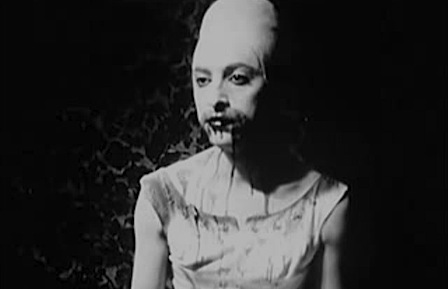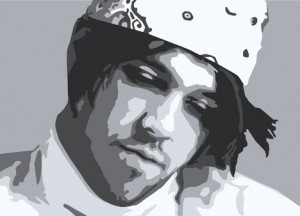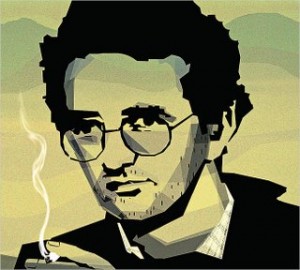Done went 50+ poets in three days Alabama, something. Reading (s) questions/notes:
1. What to do with hands?
1. How long do you think about what you are going to wear?
2. Introductions longer than poems.
44. Risky: reading in southern accent because you are in The South.
11. Poetry readings in bars make the bartenders almost mime-like, hushed ordering, pouring of drinks, a reverent tinkling of glass, silent smiles. Quite lovely.
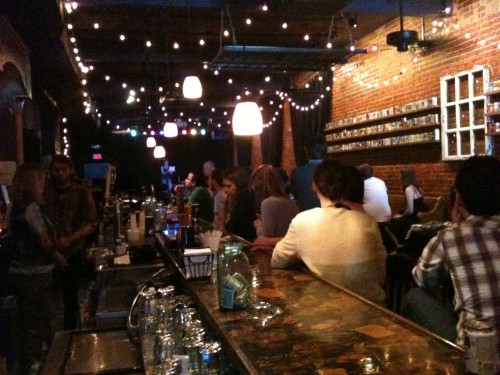 [Brandi Wells reading at The Green Bar. The can of beer in right corner low is Abe Smith‘s beer. It is a Good People IPA.]
[Brandi Wells reading at The Green Bar. The can of beer in right corner low is Abe Smith‘s beer. It is a Good People IPA.]
3. POETRY (profound, hushed voice…book in hand) versus “Uh, these are some poems.” (crinkly paper in hand)
3. Read first or read last or read middle or refuse to read?
3. Inside jokes to friends during reading to larger audience as never effective?
3. Flask/no flask?
3. Revelation: I am beginning to prefer undergraduate or other poets who have not read live very often.
3. I honestly thank/congrat one poet and he blows me off. He ‘cut’ me as Hemingway used to say. A poet. It costs him one book sale and some bad word of mouth later at a beer trough. So what? Respect or hater? A tad of both, I suppose. I still dig his poetry.
4. Do you prefer podium or some physical thing to psychologically shield you from audience?
6. Moon, muses, gossamer. Three words possibly enfeebled/faded, or possibly a challenge to prove otherwise?
4. Best intro line I heard since it could be innocuous or an absolute rip-shot across bow or simply authentic or really smart-ass: “Hey ya’ll, I’m not really a poet. I wish I was, I’d be real smart.”
3. Eagerness is interesting.


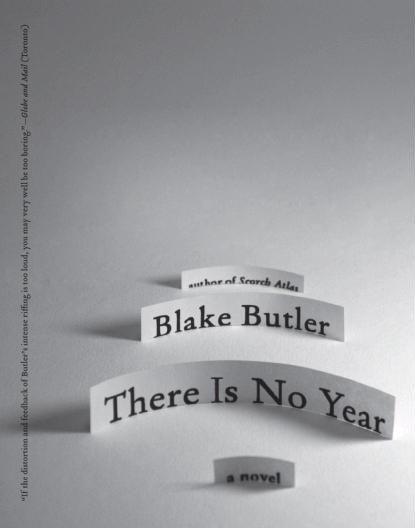

 If you’re over eight years old, you don’t want anybody calling your art clever. Right? Clever is bad. Smart is good, maybe the best kind of smart is so smart it’s stupid. Dumbstruck. Two fish / this is water. Bill, a guy my father hated, out on the roof fixing our swamp cooler in the kind of beautiful July afternoon that gives California the best avocados. And Bill calls out: “Ain’t there just some days you’re glad to wake up?” And my father, talking to Bill through the slats of the swamp cooler, agrees. This is so stupid it’s smart. But it would’ve been clever if my father had said “Yeah, and there’s other days I’m just glad to fall asleep.” Too clever by half. Clever as measurement. Clever as cleaver. Perhaps from E.Anglian dialectal cliver, “expert at seizing,” Influenced, perhaps, by O.E. clifer “claw, hand.” Sammy Johnson said: “This is a low word, scarcely ever used but in burlesque or conversation; and applied to any thing a man likes, without a settled meaning.” Clever of me to say Sammy instead of Samuel, to make you think an extra nano-second who I mean, clever doesn’t want to give the other person credit (of course I knew you meant Samuel, asshole), clever means I’m hungry to catch the bus before you. Clever basically as cowardice and fear of intimacy. Right?
If you’re over eight years old, you don’t want anybody calling your art clever. Right? Clever is bad. Smart is good, maybe the best kind of smart is so smart it’s stupid. Dumbstruck. Two fish / this is water. Bill, a guy my father hated, out on the roof fixing our swamp cooler in the kind of beautiful July afternoon that gives California the best avocados. And Bill calls out: “Ain’t there just some days you’re glad to wake up?” And my father, talking to Bill through the slats of the swamp cooler, agrees. This is so stupid it’s smart. But it would’ve been clever if my father had said “Yeah, and there’s other days I’m just glad to fall asleep.” Too clever by half. Clever as measurement. Clever as cleaver. Perhaps from E.Anglian dialectal cliver, “expert at seizing,” Influenced, perhaps, by O.E. clifer “claw, hand.” Sammy Johnson said: “This is a low word, scarcely ever used but in burlesque or conversation; and applied to any thing a man likes, without a settled meaning.” Clever of me to say Sammy instead of Samuel, to make you think an extra nano-second who I mean, clever doesn’t want to give the other person credit (of course I knew you meant Samuel, asshole), clever means I’m hungry to catch the bus before you. Clever basically as cowardice and fear of intimacy. Right? 